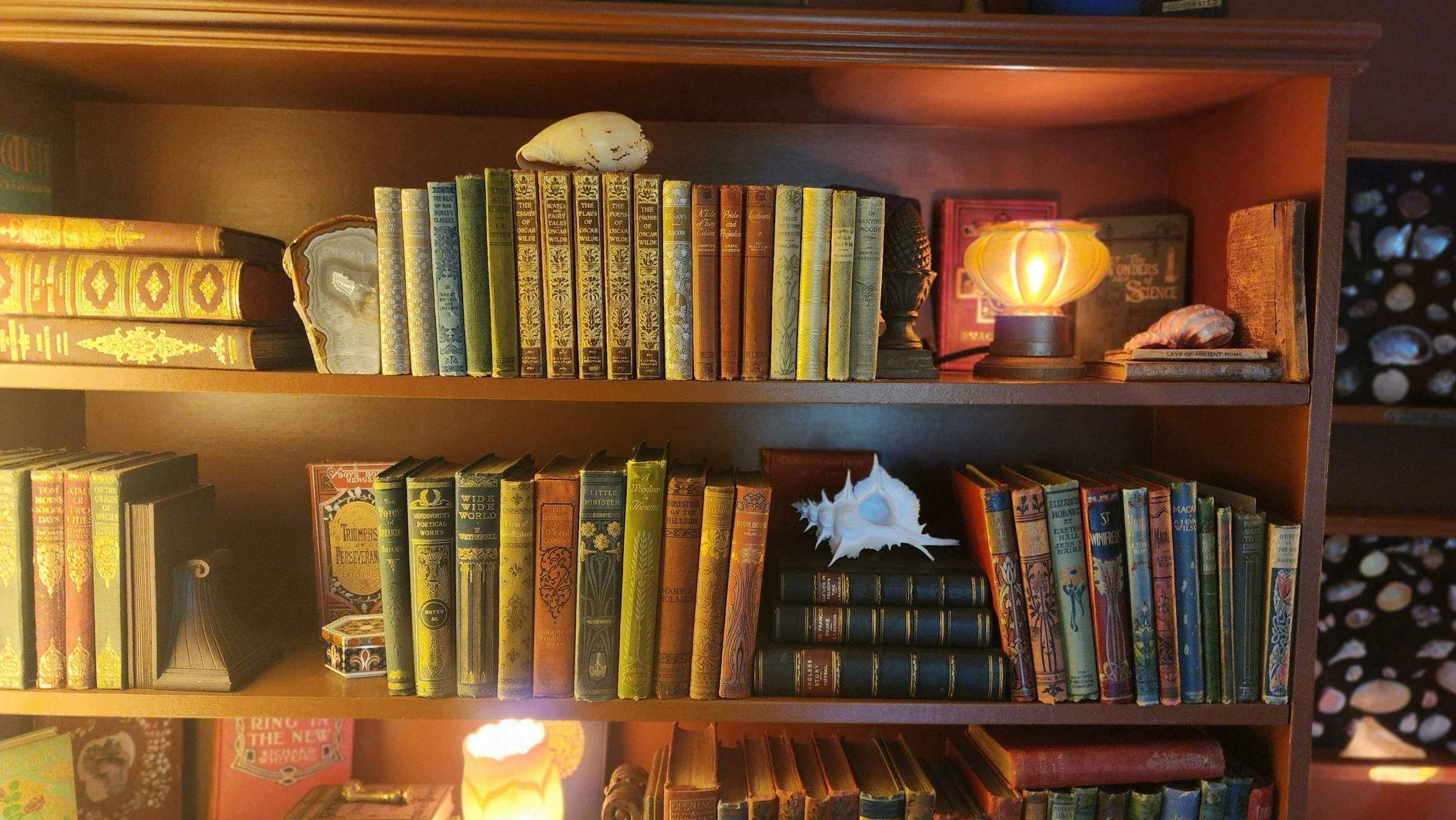The Girl Who Lived in Chapters
I was always a little out of step.
Not in a sad way — just slightly to the left of where everyone else seemed to be standing. I watched more than I spoke. I daydreamed in hallways. I turned small details into stories, then forgot to join in the games.
Social maps confused me — invisible rules shifting like windblown chalk. I didn’t know how to enter a conversation without knocking, or how to sit without being noticed. But I always knew where I was in a book.
My books were worn at the corners, spines cracked from too many rereads. I dog-eared the pages even though I wasn’t supposed to. I loved the ones with dusty gardens, lonely girls, hidden letters, and names that sounded like spells.
The library felt like a place just slightly outside of time — the kind of room where clocks tick more kindly, and the air smells like paper and something secret. I’d curl into corners with a stack of paperbacks and forget the noise of the cafeteria, the sting of not being chosen for things, the ache of never quite clicking into place.
In stories, the quiet girl was clever. The peculiar one saw what others missed. In stories, noticing was a kind of superpower. Feeling too much didn’t make you fragile — it made you the main character.
And so I lived there, in chapters and margins, in borrowed books and imagined places. I spoke to no one and fell in love a dozen times. I worried for fictional characters and underlined lines that felt like they were written just for me.
I didn’t know what to call it then — this dreamy distance I carried, this deep love for things others overlooked. I only knew that the world was often too sharp, and my books were soft.
And slowly, the pages made a place for me. A secret little room lined in apricot light and overgrown thoughts — where I could just be, without needing to explain anything at all.
These were my apricot years: golden in hindsight, tender around the edges, and quietly, unmistakably mine.






At Lady Elowen’s autumn lantern gathering, Lady Bergamot is drawn into a pairing with Yates Everett — and into a confrontation she has long avoided. Beneath flickering lights and half-truths, two hearts wrestle with the weight of what cannot be said.